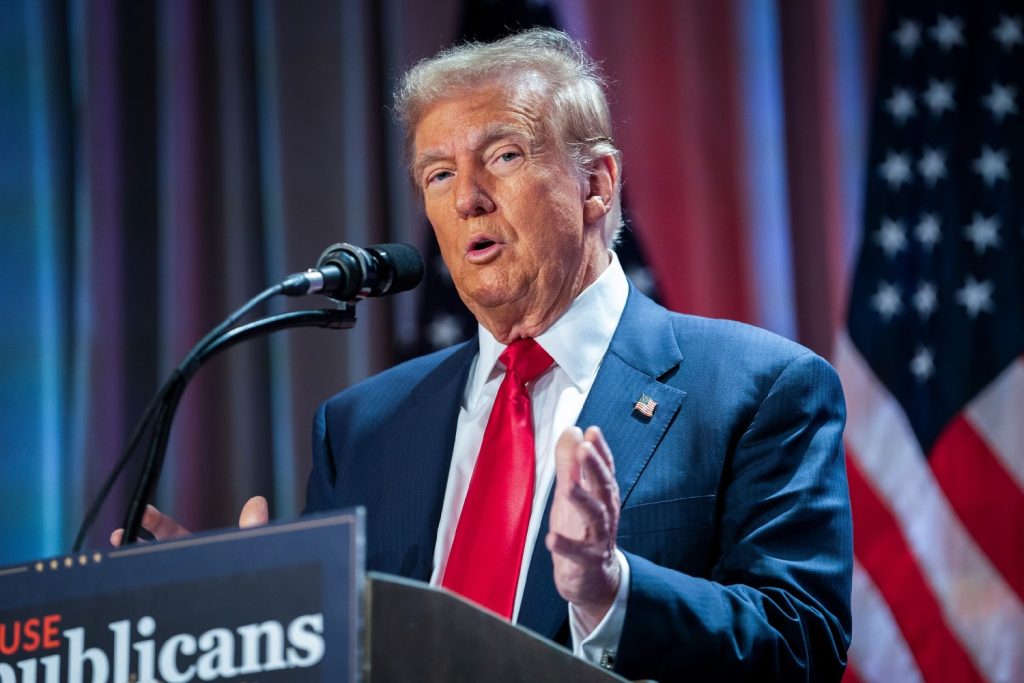United States President Donald Trump has agreed to delay tariffs on imports from Canada and Mexico for 30 days, but remains steadfast in his decision to maintain tariffs on China, further escalating tensions between the world’s two largest economies.
The pause on tariffs for Canada and Mexico came as both countries took steps to address Trump’s concerns about border security and drug trafficking. However, China was granted no such reprieve, and within minutes of Trump imposing fresh tariffs, Beijing retaliated by announcing new levies on U.S. imports and warning of possible sanctions against American companies, including Google.
Cancelled Call, Rising Tensions
Trump had been scheduled to speak with Chinese President Xi Jinping on Tuesday, but the call was abruptly cancelled following China’s response. Despite initial reports from Trump’s trade adviser, Peter Navarro, suggesting that the two leaders would discuss a potential tariff pause, Trump dismissed any urgency in speaking with Xi.
“I’m in no rush,” Trump said Tuesday night, adding that the tariffs were merely “an opening salvo” in what could be a prolonged trade standoff.
“If we can’t make a deal with China, then the tariffs would be very, very substantial,” he warned, indicating that further economic pressure could be applied.
When asked whether China could receive a similar tariff delay to that of Canada and Mexico, Navarro replied, “It’s up to the boss. I never get ahead of the boss.”
China Responds with Tariffs and WTO Criticism
In response to the new U.S. tariffs, China implemented:
- A 15% tariff on coal and liquefied natural gas (LNG)
- A 10% tariff on crude oil, agricultural machinery, and large-engine cars imported from the U.S.
China’s State Council Tariff Commission condemned the U.S. actions, stating: “The U.S.’s unilateral tariff increase seriously violates the rules of the World Trade Organization. It is not only unhelpful in solving its own problems, but also damages normal economic and trade cooperation between China and the U.S.”
While China’s tariffs target key American industries, analysts suggest that the impact on U.S. exports may be limited, particularly in LNG, as the U.S. — despite being the world’s largest LNG exporter — does not export significant amounts to China.
This latest clash echoes the 2018 U.S.-China trade war, during which Trump repeatedly raised tariffs on Chinese goods, prompting a series of retaliatory measures from Beijing.

